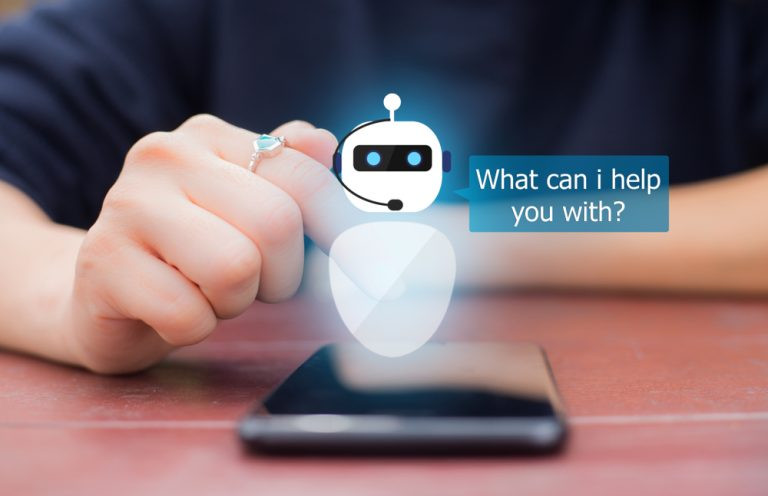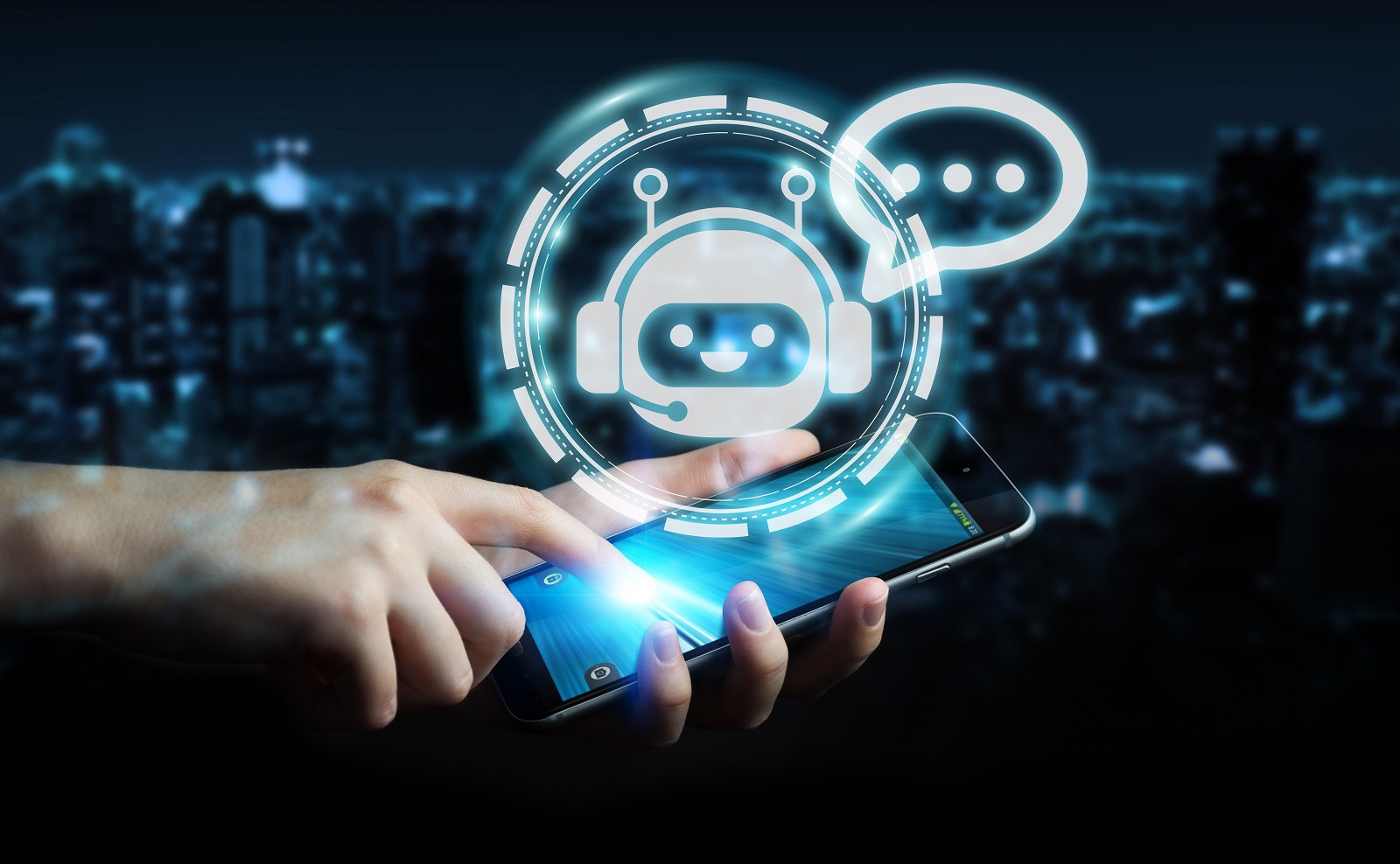The Rise of AI Chatbots: A Revolution in Customer Service
In the digital age, businesses are constantly seeking ways to enhance customer experiences and optimize operations. One technology that has emerged as a game-changer is artificial intelligence (AI), particularly in the realm of customer service. AI chatbots, also known as conversational AI, are computer programs designed to simulate human-like conversations with customers, providing instant support and personalized interactions.
The use of AI chatbots is rapidly expanding across industries, from retail and finance to healthcare and education. These chatbots are powered by sophisticated algorithms that enable them to understand natural language, process information, and respond appropriately to customer inquiries. This capability allows businesses to offer 24/7 support, handle high volumes of queries, and provide consistent and accurate information.
The Benefits of AI Chatbots
The adoption of AI chatbots is driven by a number of compelling benefits:
- Enhanced Customer Experience: AI chatbots can provide immediate responses to customer questions, resolving issues faster and reducing wait times. They can also personalize interactions by tailoring responses based on customer history and preferences. This personalized touch can lead to increased customer satisfaction and loyalty.
- Cost Savings: By automating customer service tasks, businesses can significantly reduce labor costs. AI chatbots can handle routine queries, freeing up human agents to focus on more complex issues. This efficiency translates into substantial cost savings in the long run.
- Increased Efficiency: AI chatbots can handle multiple conversations simultaneously, allowing businesses to scale their customer service operations without hiring additional staff. They can also gather valuable customer data that can be used to improve products, services, and marketing campaigns.
- Data-Driven Insights: AI chatbots can collect and analyze data from customer interactions, providing valuable insights into customer behavior, preferences, and pain points. This data can be used to optimize business strategies and enhance the overall customer experience.
The Challenges of AI Chatbots
While AI chatbots offer numerous advantages, it's important to acknowledge the potential challenges they present:
- Limited Human Interaction: AI chatbots are not capable of understanding and responding to complex emotions or nuanced questions that require empathy and human judgment. This limitation can lead to frustration for customers who need a more personalized and human-centric approach to their concerns.
- Lack of Flexibility: AI chatbots are programmed to follow specific rules and scripts, which can limit their ability to handle unexpected or complex inquiries. They may struggle to understand colloquial language, slang, or sarcasm, which can hinder effective communication.
- Privacy Concerns: AI chatbots collect vast amounts of customer data, raising concerns about privacy and data security. Businesses must ensure that they are collecting and using this data responsibly and ethically.
- Bias and Fairness: AI algorithms are trained on existing data, which can reflect societal biases and prejudices. This can lead to AI chatbots generating biased responses, which can have negative consequences for certain groups of customers.
The Future of AI Chatbots: A Collaborative Approach
The future of AI chatbots lies in a collaborative approach that combines the strengths of both human and AI agents. Businesses can leverage AI chatbots to handle routine tasks, freeing up human agents to focus on more complex and personalized interactions. This approach allows businesses to provide efficient and effective customer service while maintaining a human touch that fosters customer trust and loyalty.
Key Takeaways
The rise of AI chatbots is transforming the landscape of customer service, offering numerous benefits in terms of efficiency, cost savings, and data-driven insights. However, it's essential to acknowledge the limitations of AI chatbots and address concerns about human interaction, flexibility, privacy, and bias. By adopting a collaborative approach that combines the strengths of both human and AI agents, businesses can create a seamless and engaging customer experience that meets the evolving needs of the digital age.
AI Chatbots: The Future of Customer Service?
The adoption of AI chatbots is still in its early stages, and their long-term impact on customer service remains to be seen. However, the potential benefits of AI chatbots are undeniable, and it is likely that they will continue to play an increasingly important role in the future of customer service. As AI technology continues to advance, we can expect to see more sophisticated chatbots that are capable of handling even more complex interactions. The key will be for businesses to find the right balance between AI and human interaction to create a customer experience that is both efficient and engaging.


















